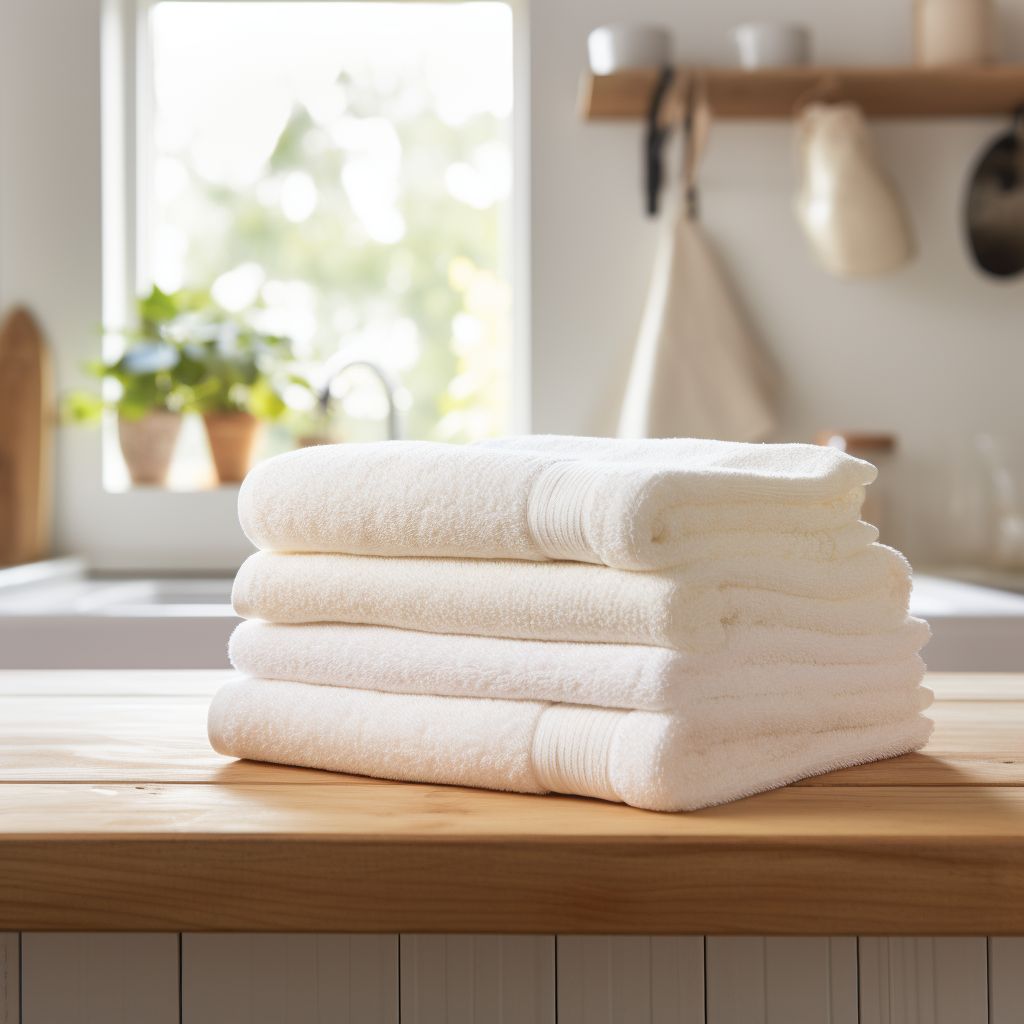
When it comes to laundry, achieving that perfect level of softness and freshness can be a never-ending quest. Soft towels and bed sheets are a delight to use and can enhance your overall comfort. While many commercial fabric softeners promise to do the job, some people are turning to natural alternatives like vinegar to achieve the same results.
But can vinegar truly soften towels and bed sheets? In this article, we will explore the science behind this household remedy and provide tips on how to use it effectively. Additionally, we’ll delve into other methods that can help soften your linens.
Understanding Vinegar
Vinegar is a versatile liquid that has been used for centuries for various purposes, including cooking, cleaning, and even as a home remedy for various ailments. One of its lesser-known uses is as a laundry aid. White distilled vinegar, made from fermented grain alcohol, is the most commonly used type for this purpose. It contains acetic acid, which plays a crucial role in softening fabrics.
How Does Vinegar Soften Towels and Bed Sheets?
Breaks Down Residue: Over time, towels and bed sheets can accumulate residue from detergents, fabric softeners, and body oils. This residue can make fabrics feel stiff and less absorbent. Vinegar’s acetic acid helps break down and dissolve these residues, restoring the fabric’s natural softness.
Balances pH Levels: Vinegar has a mildly acidic pH level, which can help balance the pH of your laundry water. This is important because hard water, which has a high mineral content, can make fabrics feel stiff. By balancing the pH, vinegar can counteract the effects of hard water and contribute to softer laundry.
Reduces Static Cling: Static electricity can cause fabrics to feel rough and cling to each other. Vinegar can help reduce static cling by neutralizing static charges, resulting in softer, more manageable towels and bed sheets.
How to Use Vinegar to Soften Towels and Bed Sheets
Pre-Wash Soak:

